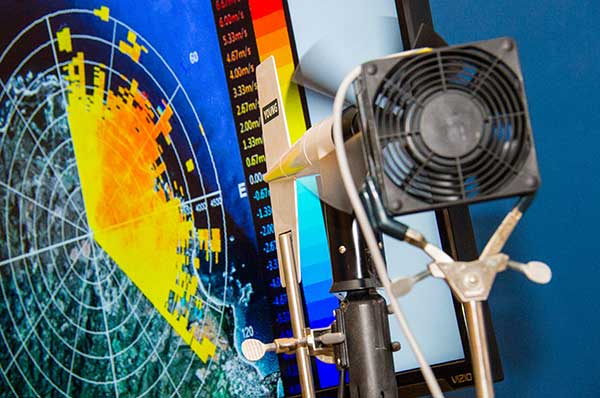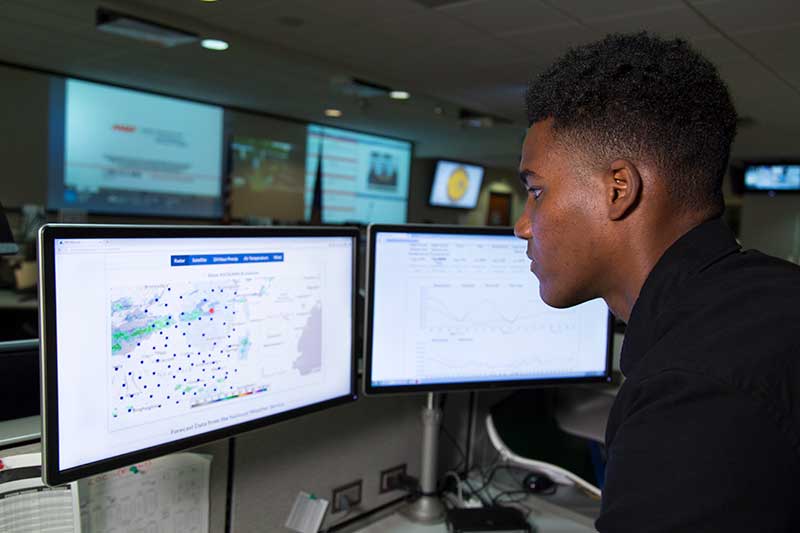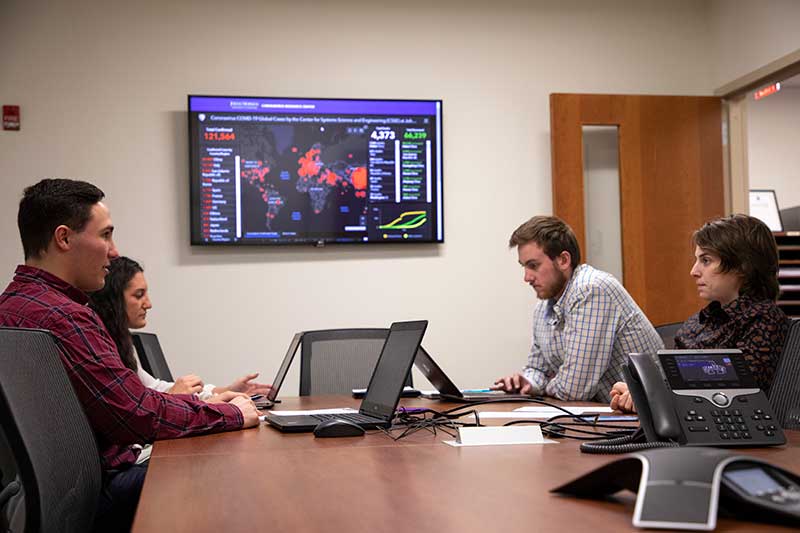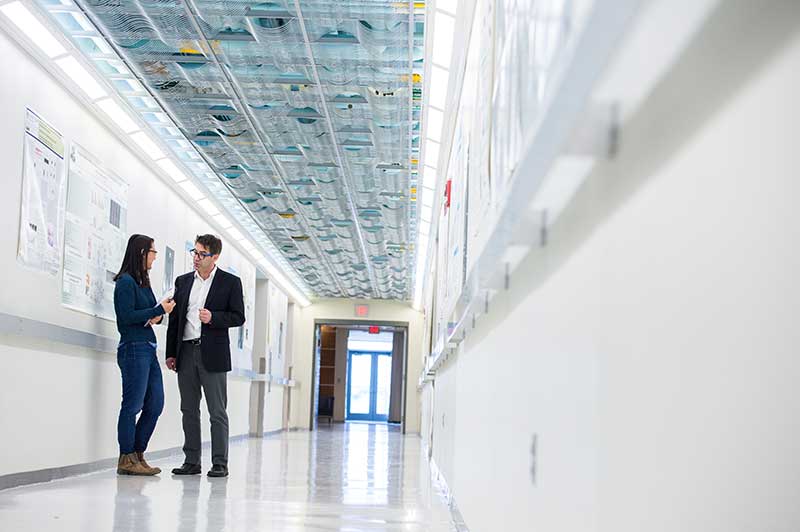AI Plus at the University at Albany
AI Plus is UAlbany’s holistic approach to integrating teaching and learning about artificial intelligence throughout our academics and research. It is grounded in the conviction that all students should graduate prepared to live and work in a world radically changed by technology.
AI Plus is not a program within the University. It is an institution-wide recognition of the centrality of AI to the future of knowledge creation, scientific discovery, creative expression and workforce development — a future UAlbany is determined to lead.
To realize this vision, we have dramatically expanded our supercomputing capacity through collaborations with IBM and NVIDIA to ensure our faculty, staff and students have access to some of the most innovative and powerful hardware available.











